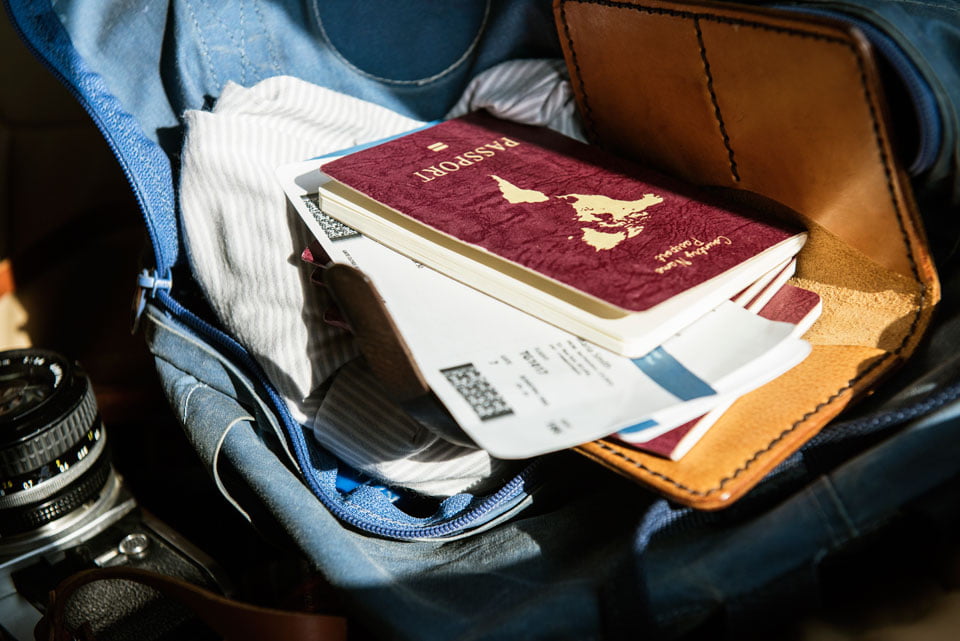The United States has some of the most stringent immigration laws on the planet. The land of opportunity offers so much but upholds these immigration policies to high standards.
Ensuring equal and fair opportunities for all, there are requirements and expectations of those emigrating to the country. Welcoming millions of people each year for leisure and business purposes, it is easy to see why so many aspire to be here.
Continue to discover what you need to know about immigration law and the United States.
Foreign Nationals Currently Residing in the Country
Foreign nationals already in the United States have undergone the immigration process already. While they possess the relevant documentation at present, most will need to renew.
Permanent residency is often granted to foreign nationals through sponsorship from a relative or employer. Green cards are issued, enabling the recipient to remain in the United States.
Specific programs have been developed to protect certain foreign nationals and workers, including DACA. The Deferred Action for Childhood Arrival program provides individuals with legal work authorization and protection from deportation. Often called Dreamers, those protected by this program can freely remain in the country.
Use the services of an immigration law firm like Farmer Law to determine your eligibility for programs like this and to renew any existing visas you might have. Employers of DACA recipients must also use the services of immigration law firms.
DACA eligibility is specific. Conduct in-depth research to protect your status as a resident of the United States.
Foreign Nationals Heading to the Country
Foreign nationals moving to the United States can get permanent residency. Like the DACA program, the eligibility for gaining permanent residence and green cards is specific.
Use the services of a professional to navigate you through the application process. Applications and supporting documents must be sent to the United States Citizenship and Immigration Services (USCIS).
Obtain relevant documents and permits before travel to ensure a swift entry to the country. You must ensure anyone else traveling with you also has relevant documents before arrival.
Check your eligibility for immigrant and non-immigrant visas according to your individual circumstances.
You must have the right one to minimize any risk of getting in trouble with the United States Customs and Border Patrol at the point of entry. Understand the conditions you will be under when in the country using a temporary visa and what must be done to obtain your permanent residency in the future legally.
You must understand the societal role immigration policies play in the United States. Whether you currently reside here or plan to, take time to read up on this impactful element.






